Nicholas Crane is an expert cartographer and an international explorer with a charisma that brings his personal obsession alive. In 1992-3 he walked alone for 18 months along the entire mountain watershed of Europe, describing this epic adventure in his award-winning book Clear Waters Rising. He has presented two series of Mapman for BBC television and been one of the co-presenters on all three series of the widely-acclaimed Coast.
GREAT
BRITISH
JOURNEYS
NICHOLAS CRANE
 Contents
Contents
GERALD OF WALES  1188
1188
A crusader in Wales
JOHN LELAND  153645
153645
The madness of maps
CELIA FIENNES  1698
1698
On horseback through England
DANIEL DEFOE  17246
17246
The secret tourist
WILLIAM GILPIN  1770
1770
One man in a boat
THOMAS PENNANT  1772
1772
Highlands and islands
WILLIAM COBBETT  18226
18226
Champion of the countryside
H.V. MORTON  192933
192933
By Bullnose to Skye
 Introduction
Introduction
A few years ago, I walked the length of England in a straight line. Actually, it wasnt quite a straight line. I did allow myself the luxury of straying 1,000 metres each side of the line. I walked, slept, and procured my provisions within an imaginary, 2,000-metre wide, glass-walled corridor which ran up and down dale from the Northumbrian coast to the English Channel. Naturally, there were obstacles to overcome. I had to wade the Tyne, cross the production lines of the Longbridge car factory, and ask the Army if they would mind escorting me through the live firing ranges on Salisbury Plain. By the time I caught sight of Poole Harbour (the Royal Marines helped out with that one), Id tramped Pennine moors, the Black Country tarmac maze and the golden corn country of Wessex. My accommodation had included a shepherds barn, dripping woods and cheerful inns, and along the line, Id enjoyed unexpected encounters with gamekeepers, war-veterans, poachers, retired hippies, factory workers and farmers. The people I met, and the places I saw, were an unfamiliar cross-section of life and landscapes. I felt as if I was seeing my own country for the first time. Every hill crested and corner turned revealed a new view to explore. On some days, I barely managed five miles; once, I walked back up the line to visit something Id missed the day before. Fifty-three days of rambling and chatting produced a two-inch brick of notes which I tidied into a book called Two Degrees West. Reviews were mixed. The Daily Mail called me a prat, while the Daily Telegraph generously took the view that I was a genius. I do concede that my longitudinal hike was open to misunderstanding. The purpose had not been to see whether it was possible to walk a straight line from one end of the country to the other without being shot, arrested, drowned or electrocuted (although all these possibilities certainly added a tang of adrenaline to the unforgivable daily trespass). What interested me was breaking free from the conventions of travel writing, which generally rule that the route taken is dictated by the authors quest. Whether its a circumnavigation by canoe, or a psychogeographical journey into the imagination, the material harvested is dictated by the authors choice of route. A journey which followed a straight line would be different; it would act like a cross-section through the nation, restricting the author to a random sample of people and places, and producing a more objective take on the human and physical landscape. That was the idea, anyway. And, as I said, the Mail thought it prattish. But it worked for me: I enjoyed two months of high-spirited, unpredictable yomping, I wrote my experimental travel narrative, and somewhere around the mid-section of my topographical transect, I began wondering who discovered Britain.
Its one of those questions which seems so ridiculously obvious, and yet I struggled to find the answer. Were familiar with stories of adventurers departing European shores to explore the blanks on the world map, but who put Britain on the map? I grew up with the conceit that Columbus discovered America, and that Captain Cook discovered New Zealand. And yet I dont recall being taught about the discovery of Britain. Who can it have been? The Romans? Brutus? Pytheas the Greek? Bill Bryson? Not the French, surely? The answer, of course, is that every landmass was revealed to its own population over millennia, by countless explorers most of them indigenous; Britain was discovered by Britons. Would it be possible, I wondered, to put together a shortlist of homegrown British explorers; a Pantheon of travellers who changed the way the archipelago was viewed?
Britain is an explorers dream. Wrapped up in 11,000 miles of coastline is an extraordinarily diverse collection of landscapes. We have it all, from teetering peaks and gentle downs, to saltmarshes and beech woods. In Britain, you are never more than a mile from new scenery. Such an intensity of variety lends itself to travel stories. Its not difficult to imagine a Neolithic trader flopping exhaustedly into his timber home on the banks of the Thames and relating tales of sky-high peaks in the land where hed sought his polished stone axes. Or of Bronze Age warriors returning from the west with stories of frightful capes and of rocks which can be melted into weapons. To my mind, the most amazing journeys ever undertaken on British soil must have been those of the post-glacial hunter-gatherers who began the great migration northward when the climate suddenly warmed 10,000 years ago. Then, Britain was a gigantic game park speckled with birch and pine, and these first explorers must have shadowed the herds of wild horse and deer upon which they preyed. They left a mound of hazelnut shells outside Edinburgh, and built boats to reach Ireland. At Mount Sandel in Antrim they camped in circular tent-houses dated to about 7000 BC . But none of these Stone Age explorers were carrying notebooks. In fact we have to wait a very long time indeed for intact accounts of complete journeys through Britain; 9,000 years of British travel passed unrecorded. Fully documented journeys begin in the Middle Ages, when government agents, emissaries, messengers, kings and archbishops were criss-crossing the kingdom on affairs of state or Church. It was horsemen with quills, riding on rutted, boggy ways which had been neglected since the Romans went home, who opened the book of British travel narratives.
So, who were the travellers who changed the way we viewed our islands? Who were Britains great explorers? The list turned out to be very long, and it was a painful task to whittle it down. Each candidate had to have left a detailed account of their travels; and as a group, they had to represent a fairly complete geographical coverage of mainland Britain. Oh, and they had to cover a time-span of 800 years, from the Middle Ages to the twentieth century. And there had to be eight of them. Eight, because this book was originally conceived to appear alongside a series of eight one-hour films for BBC2. The selected octuplet are not a definitive list. The seventeenth-century Hebridean explorer Martin Martin is not here, and neither are Johnson and Boswell, or George Borrow, Arthur Young, William of Worcester or J. B. Priestley. All of them rekindled interest in British travel, but the eight in these pages seemed to work best as a team.
Next page
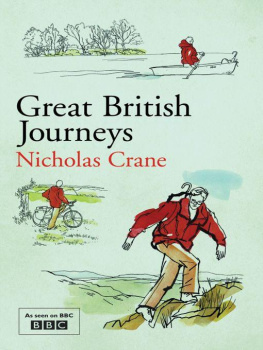
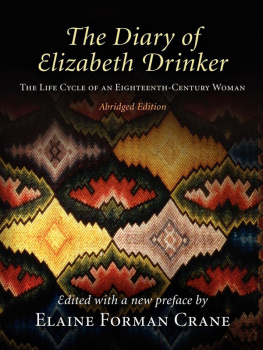

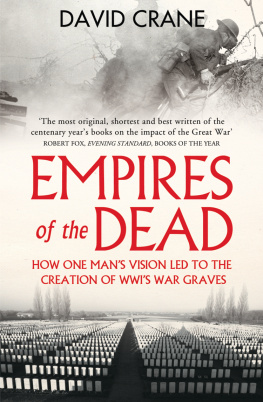
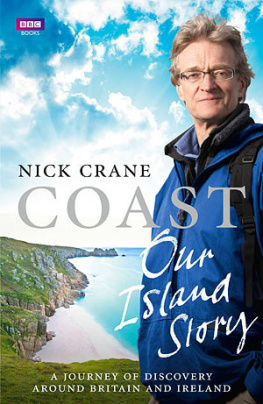


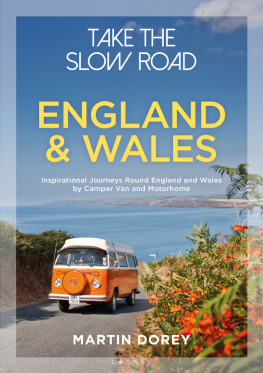
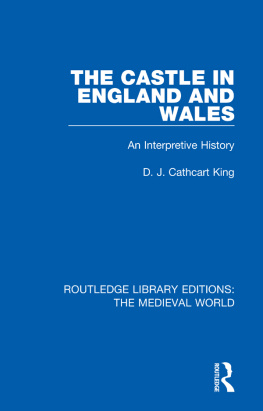
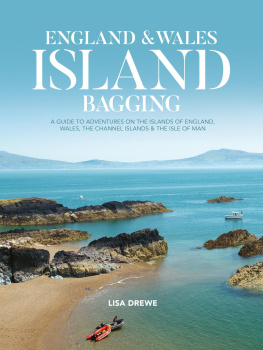
![Nick Dalton - Frommers England [2012]: & the best of Wales](/uploads/posts/book/223351/thumbs/nick-dalton-frommer-s-england-2012-the-best.jpg)
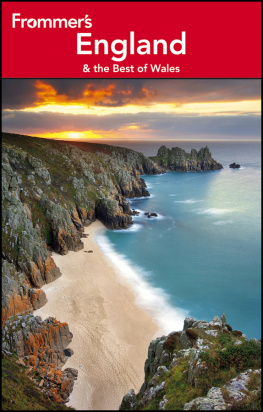
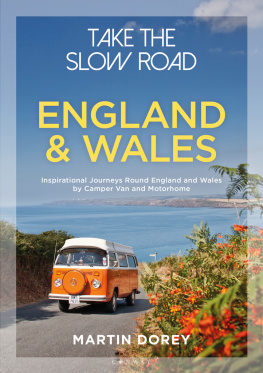

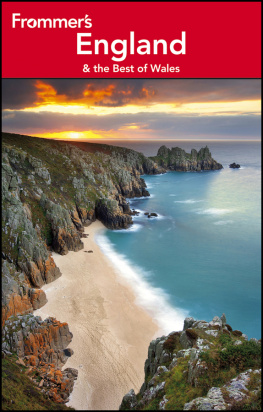


 Contents
Contents
 1188
1188